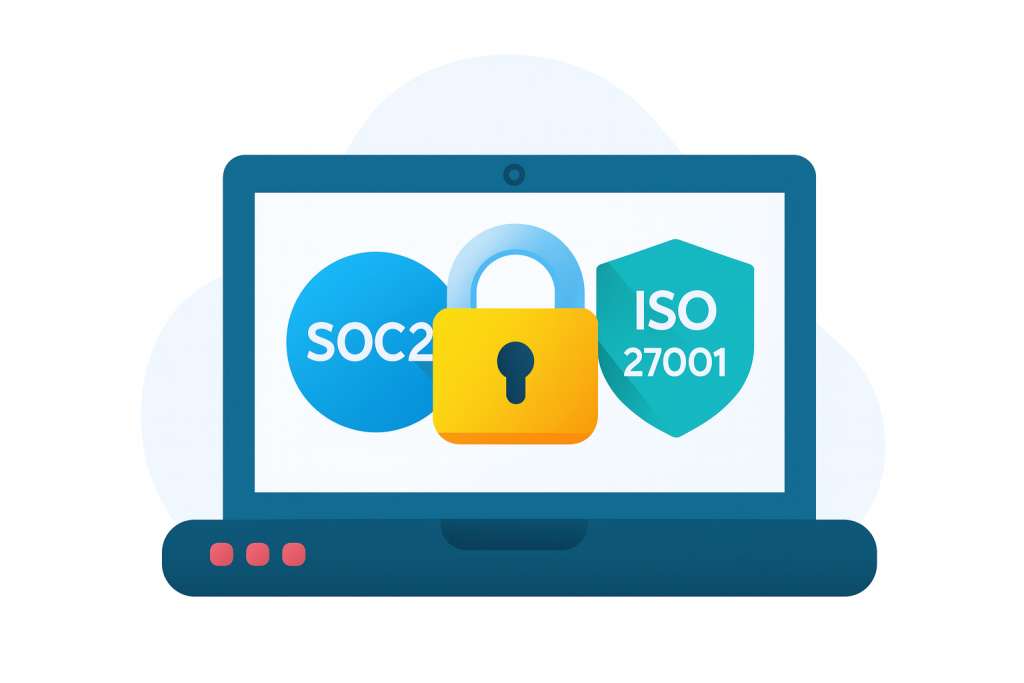Starting a new business is both thrilling and a bit overwhelming. Amid the excitement of creating innovative solutions and finding your place in the market, dealing with compliance might feel like just another box to tick off. But here’s the catch: understanding the cost of compliance is crucial, and surprisingly, startups often feel its impact more than larger companies.

Yes, compliance costs are a normal part of doing business, but they don’t have to drag you down. Let’s dive into why compliance can hit startups harder than big corporations and explore smart strategies to manage these costs effectively.
Understanding the Costs Involved
Mandatory Regulations
No matter what size you are, certain regulations are non-negotiable. Skipping them isn’t an option.
Complexity vs. Resources
Larger companies have entire teams dedicated to compliance. Startups? Not so much.
Economies of Scale
Big firms can spread compliance costs across a vast operation. Startups can’t.
Technology Investment
Keeping up with compliance often means investing in tech tools, which can be pricey.
Access to Expertise
Large companies can afford top-notch legal and compliance experts. Startups might struggle here.
Risk of Non-Compliance
Mistakes can lead to hefty penalties, hitting startups harder financially.

What Affects Compliance Costs?
Number of Employees
The more people on your team, the more rules you need to follow, think labor laws, benefits, safety protocols. Each new hire can be added to your compliance checklist.
Industry Regulations
Some segments are just more regulated than others. If you’re in healthcare, finance, or food, there are stricter rules to follow, no matter what your company size.
Startups vs. Big Players
Sure, larger companies deal with more complex regulations, but they also have the resources and systems to handle them. Startups might face fewer rules but lack the infrastructure, making each requirement feel heavier.
Why Compliance Hits Startups Harder
Startups often run on tight budgets with lean teams. Without specialized compliance staff, responsibilities get shared among team members juggling multiple roles. This increases the risk of mistakes, and any slip-up can lead to fines that hurt a startup more than an established company.
Smart Strategies to Manage Compliance Costs

-
Educate Your Team
Knowledge is power. Make sure everyone understands what’s required to stay compliant. This prevents costly errors down the line.
-
Use Affordable Tools
There are budget-friendly software options designed to help small businesses manage compliance efficiently.
-
Prioritize What’s Important
Identify which compliance areas pose the biggest risks and focus your resources there.
-
Choose Scalable Solutions
Opt for tools and processes that can grow with your business, saving time and money in the long run.
-
Network with Others
Connecting with peers can provide valuable insights and potentially reduce costs through shared resources or group training sessions.
Looking Ahead: Compliance as an Investment
While compliance might seem like a hassle, think of it as an investment in your company’s future. By understanding what drives compliance costs and taking strategic steps to manage them, you can ease financial strain and build a strong foundation for sustainable growth.
In the end, a solid compliance framework doesn’t just protect you from legal issues, it builds trust with customers and investors, laying the groundwork for future success.

Ready to Get Compliant Faster and Save Big?
If you’re a startup that doesn’t want to overpay for a GRC tool or need assistance in achieving compliance, please reach out to Secure Cloud Innovations! By partnering with us, you can access more affordable options, realize massive savings, and get compliant faster than anywhere else. Let us help you streamline the process so you can focus on what you do best to grow your business.
Got Questions?
If you have more questions about how to become compliant or maintain your current compliance status, click here to learn more. Staying compliant is key to long-term success, and we’re here to support you every step of the way.



